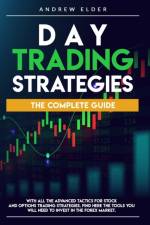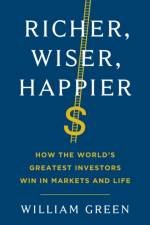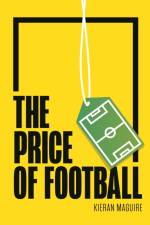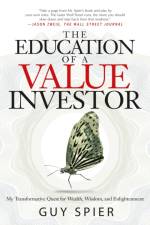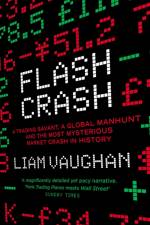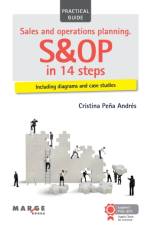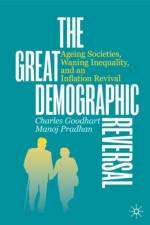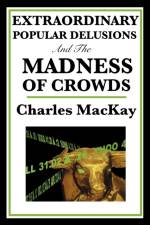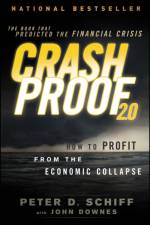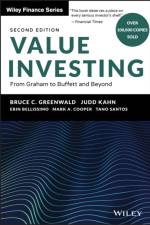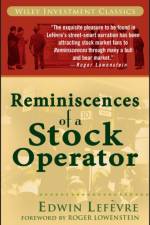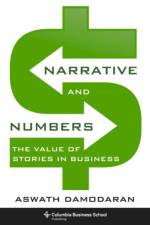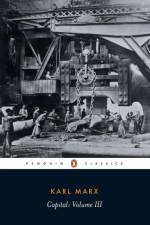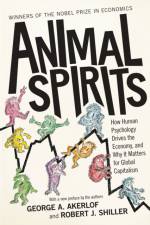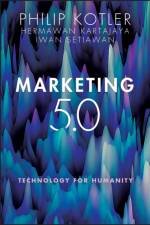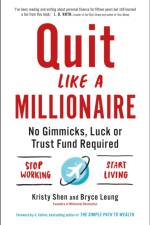- A History, a Crisis, a Movement
av David Graeber
157
The Democracy Project is an exploration of anti-capitalist dissent and new political ideas from David Graeber, author of Debt: The First 5,000 Years and a leading member of the Occupy movement.From the earliest meetings for Occupy Wall Street, David Graeber - activist, anarchist, and anthropologist - felt that something was different from previous demonstrations. As events gathered pace, from local actions like illegally teaching a seminar in the Bank of America lobby (in a tweed jacket he'd borrowed to look the part) to his harassment and attempted intimidation by New York police in Zuccotti Park, Graeber saw the other Occupy movements in Cairo, Athens, Barcelona and London and knew that times were truly changing.This witty, provocative, yet wide-ranging and ideas-driven look at the actions of the 99% is a vital read in today's protest climate, and asks: why did it work this time? What went right? And what can we all do now to make our world democratic once again? An energetic account of contemporary events, The Democracy Project will change the way you think about anarchism and political organization.David Graeber is a radical anthropologist at Goldsmiths, University of London, who has been involved with the Occupy movement, most actively at Wall Street. He has written for many publications including Harper's, The Wall Street Journal, The Nation, and The Guardian. He is also the author, most recently, of the widely praised Debt: The First 5,000 Years, as well as many books on social organization and revolution including Towards an Anthropological Theory of Value, Fragments of an Anarchist Anthropology, Direct Action: An Ethnography.'I have twice given away David Graeber's Debt: The First 5,000 Years, and Christmas will not change my habits. The book is more readable and entertaining than I can indicate' Peter Carey, Observer, Books of the Year'Debt:The First 5,000 Years by Goldsmiths College anthropologist David Graeber has become one of the year's most influential books' Paul Mason, Guardian Books of 2011

